One of the universal truths in personal finance is that you need a gap between income and expenses to build wealth. This applies whether you earn $50 thousand or $50 million per year. If all your earnings are spent, nothing is left to accumulate and grow.
There are two levers to pull if you want to increase net worth faster:
- Earn more
- Spend less
I recommend pulling them both. Spending less often requires little to no effort – it takes zero extra time to choose a Toyota instead of a Tesla. But there is a limit to how far you can comfortably cut expenses before getting into deprivation. Once you’ve designed your lifestyle to be efficient, it’s time to focus on increasing your income.
Achieving a higher income will require some hustle because more money doesn’t usually just fall in your lap. Here are several ways to hustle for extra income and things to consider as you plan your strategy.
1) Side Hustle
A side hustle can be a powerful means to supercharge your investment contributions, pay down debt, or build up an emergency fund. Roughly half of millennials and Gen Z now have side hustles they use to generate extra income in addition to their primary job!

The obvious downside to a side hustle is that you must give up some free time in exchange for more working hours. However, the time you invest today can buy you more time in the future, thanks to the time value of money.
Here’s an example:
Let’s say you earn $40 per hour in your day job and an equal wage at your side hustle. For simplicity, we’ll assume these are post-tax numbers. Also, assume that your salary will get cost of living increases and your current projections have you reaching financial independence in 15 years.
If you exchange an hour of free time to earn $40, you can invest it. At a real (above inflation) return of 8% for 15 years, it is expected to grow 3.2x to $128. If you invested it in a taxable account and growth is taxed at 15%, you would net $115 or 2.9x your initial investment.
What does this mean?
It means that in this scenario, every hour of free time you give up today buys you 2.9 hours of free time in 15 years. Working an extra 13.5 hours now would buy you a week in the future. This is essentially the Time Value of Money, but you can think of it as the Time Value of Time.

Ultimately, this trade of one hour of your free time now for multiple hours later has the effect of dragging your financial independence (FI) date forward and reducing your mandatory lifetime working hours.
The earlier your career and the higher your side hustle pays, the more future hours you buy with one hour today. Even a side hustle that pays less than your day job can result in more hours of free time in the future. In the example above, an hour of your time exchanged for $20 would still grow to 1.3 future hours, despite paying half the day job rate.
Whether the trade is worth it – to you – is subjective. Here’s where personal finance gets personal:
Would you give up an hour of your free time now to get an hour of free time in 15 years? Probably not. You might get hit by a bus next week and never get to “cash in” that hour.
What if you could exchange an hour now for a year of future free time? Unrealistic, but I bet anyone would take that deal. The actual amount of time you can expect to gain in the future from an hour today is likely between these two values. An essential factor to consider is your stage of life now vs. in the future.
If you currently spend your free time watching Netflix or sucking down drinks at the bar, it’s probably reasonable to consider exchanging some hours to earn income. This income can lower your student loan burden, get you to financial independence faster, or contribute to lifestyle flexibility in other ways.
Maybe in the future, you want to work part-time and have your portfolio generate half your income so you can spend more time with your family. Perhaps you want to save up a down payment on a rental property so you can start building your real estate empire. What will “future you” do with the wealth that “present you” creates?
On the flip side, if you’re currently working 10-12 hour shifts and you only see your family for an hour or two a day, you may strongly prefer to keep your free time rather than sell it. After all – dollars are fungible (all the same), but time is not. You can only have some experiences during a specific season of life. Your kids are only small once; your parents won’t be around forever, etc. This is a central theme of Die with Zero by Bill Perkins, which I highly recommend. Depending on how much you value your free time right now, you may not be willing to give it up for any amount of money or future time.
So, how do you choose a side hustle?
If you’ve decided to go the side gig route, there are multiple factors to consider as you narrow your focus.
– What do you have a competitive advantage in?
Is there a particular type of work you’ve mastered that “clicks” with your personality and talents? This may be an area you can excel in as a freelancer. Can you use skills you’ve honed on the job to earn cash with a side business?
– What do you enjoy?
If you’re spending your free time earning income, it helps if you find pleasure in what you’re doing! You’ll be excited to learn and improve your craft which will translate to success in the future. You may even enjoy it so much that you’ll want to continue doing it in some capacity after you’re financially independent.
– Is it flexible?
All else equal, a side job you can execute at any time is better than one that must be done during certain hours. A side job that can be done remotely is better than one that must be done in a specific location.
If you have unrestricted mobility in your side hustle, you can even build it up to a point where it’s possible to exit your day job and travel the world while freelancing on your schedule. Some popular portable gigs for digital nomads include photography, online tutoring, software development, copywriting, graphic design, and audiobook narration.
– Is it stressful?
“Dollars per hour per headache” is a valid benchmark for evaluating any job.
– What does it pay?
The higher your pay per hour, the more future hours you buy with today’s exchange of free time.
2) Main Hustle
Before you jump on the side hustle bandwagon, step back and take an objective look at your “main hustle.”
What is your earning potential if you continue working your typical schedule? What if instead, you decided to devote an additional 5-10 hours per week to going above and beyond to become an invaluable asset to the company? Granted, you wouldn’t be getting paid immediately for that extra time. But over the long run, gaining a promotion and pay raise may far outweigh what a side hustle could produce.
However, there are no guarantees that the time you dedicate will result in additional compensation. Depending on your company’s prospects, it may be a better time investment for you to look externally. Refresh your resume and improve your interview skills. Network with people at prospect companies. If opportunities at your current employer are limited, you may need to “move out to move up.”
Keep in mind that mo’ money often means mo’ problems. As you advance in rank and title, there is often an expectation that you’ll be working more hours. The time investment to get promoted will likely not be temporary and will probably increase as your career progresses.
Be sure to weigh the additional earning power and shorter timeline to FI against the unpleasantness of having less control over your time and potential burnout.
“By working faithfully eight hours a day, you may eventually get to be a boss and work twelve hours a day.”
Robert Frost
3) Level Up Your Learnin’
If side hustling or extra working hours aren’t appealing, you may consider investing your time in additional education or credentials. It could even be in a field unrelated to your day job. Many companies offer tuition reimbursement, and some firms will even cover degrees that aren’t related to your current role. If your company will foot the bill, this one is a no-brainer.
Is there a field you’ve always thought about working in – maybe something you’d enjoy more than your day job? You could get educated and switch careers, or turn your new knowledge into a side hustle while you keep your current role.
Earning potential of a degree is obviously important, so research that in-depth. Balance that quantitative aspect with the qualitative factors like how much you’ll enjoy the career, if you can find local opportunities or will have to move, etc.
4) Get Creative
Finally, think outside the box when developing your hustle strategy. If you’re going to be giving up some of your free time in exchange for money, what do you WANT to do?
I’ve been hustling for years using my favorite method, which I do exclusively from home, whenever I want.
It’s not a pyramid scheme. It often earns hundreds of dollars per hour tax-free. It doesn’t involve illicit substances or other unsavory work.
What’s my favorite hustle? INSOURCING!
This week, I replaced the front brakes on one car and rear struts on our other one. The price I was quoted to have both jobs done was close to $1,100. The cost of parts to do both jobs myself was $246. Total time required = 6 hours.
That’s $142/hour of post-tax income – if I earned that on a W2 or 1099, it would be $208/hour. If that hourly rate were annualized, it would be a $433,000 salary. Not bad for getting my hands a little dirty!

Some YouTube videos combined with elbow grease and a little hustle earned me a pile of money that is now growing in my investment account. I had to buy a few tools, but they’ve already paid for themselves many times over. And I can assure you that the satisfaction gained from being more skilled/less dependent on other people is priceless.
Technically, insourcing is reducing expenses and not increasing income. But avoiding an expense is a positive cash flow, and insourcing is “paying” yourself for your free time instead of paying someone else to do the work. You can “earn” tax-free income by learning to cook, landscaping, auto repair, home maintenance, and more. You can even barter and exchange work with your friends, family, and neighbors!
What’s your favorite way to hustle?



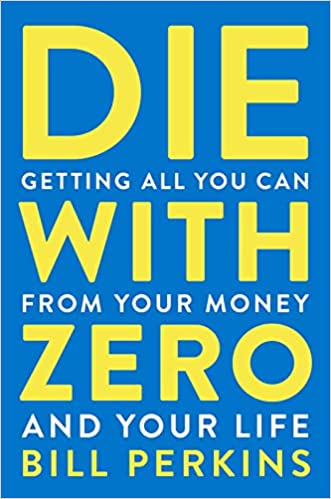
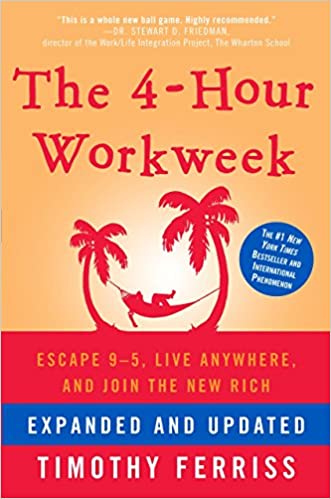


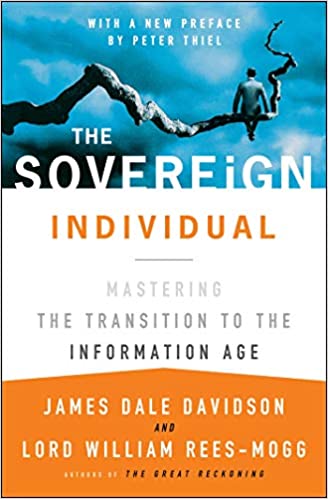

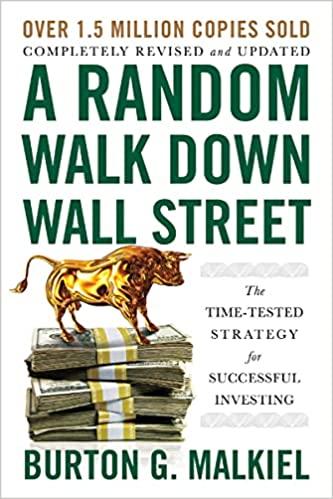

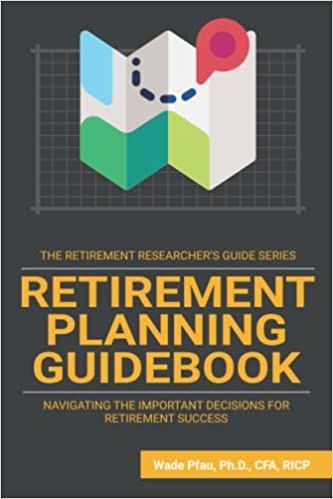

One response to “Hustle Your Way to Wealth”
[…] are times that hustling can be rewarding, Hustle Your Way to Wealth from 7 Saturdays a Week. Just remember, if the trade (i.e. Time) is worth it to […]